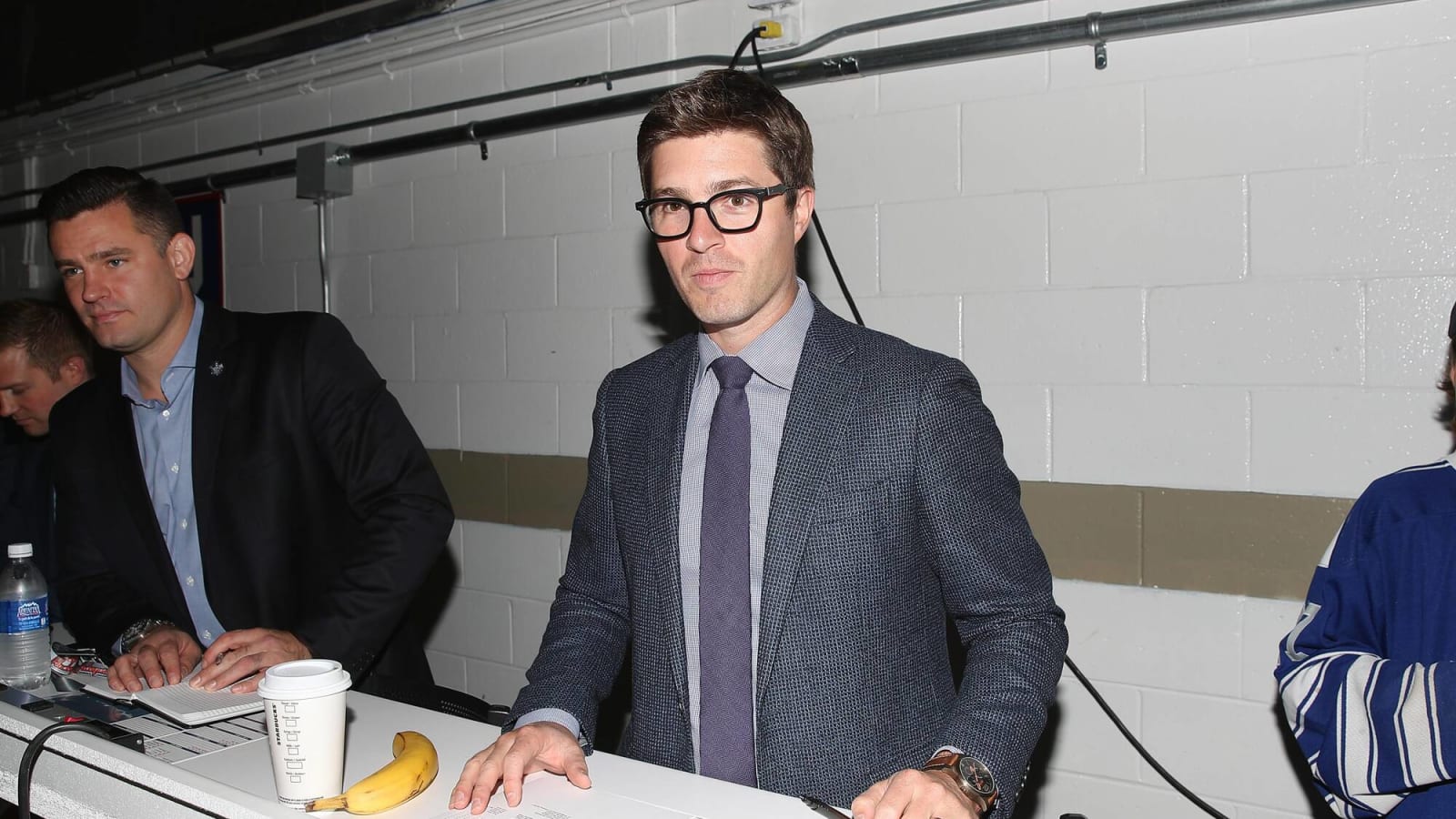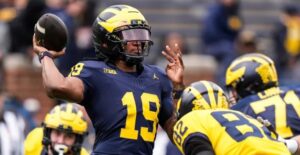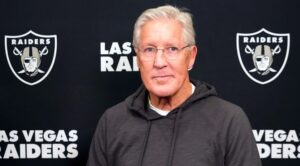
As the NHL trade deadline loomed, the Pittsburgh Penguins had several assets potentially available for moves. With five players holding expiring contracts on their major-league roster and additional players who could attract interest for playoff-bound teams, they seemed primed for action.
However, when the deadline came and went, Kyle Dubas, serving as the Penguins’ president of hockey operations and GM, had only orchestrated four player transfers. Of those, just two, left winger Jake Guentzel and third-pairing defenseman Chad Ruhwedel, were part of the NHL roster.
Following the trade deadline, the Penguins also moved defenseman Ty Smith and goalie Magnus Hellberg, both of whom were playing with their AHL affiliate in Wilkes-Barre.
What was anticipated to kickstart a significant makeover for the Penguins turned out to be more of a minor adjustment to their roster depth, with the exception of Guentzel’s trade to Carolina.
Dubas acknowledged this during a media briefing after the deadline. He noted, “The players with expiring contracts were the ones I expected to move. Dealing with players who have remaining time on their contracts, especially in a flat-cap market, presents challenges. Additionally, there’s the consideration of evaluating the trade value at the deadline versus in the offseason when the salary cap might increase, or even at the next year’s trade deadline if there are players with term that other teams are interested in.”
In addition to Guentzel and Ruhwedel, forwards Jeff Carter and Jansen Harkins, as well as goalie Alex Nedeljkovic, are set to become unrestricted free agents this summer. Carter’s contract includes a no-movement clause, granting him veto power over any trade, while Nedeljkovic garnered interest due to his solid performance as Tristan Jarry’s backup.
Lars Eller, the third-line center, was among the players with remaining time on his contract who were expected to attract attention from playoff contenders.
Although the core of the Pittsburgh Penguins’ roster remains largely unchanged—with Guentzel and Ruhwedel replaced by Michael Bunting and likely John Ludvig—Dubas hinted at significant offseason transformations.
“We recognize the need for substantial improvement within the team,” he stated. “Currently, we’re not at the level we aim to reach. However, we have the financial flexibility to address these areas. Heading into the summer, we have approximately $12 million in cap space to address specific needs. Furthermore, we now possess more assets to engage in trade discussions for younger players, which was our objective post-deadline.”
Despite acquiring three prospects in the Guentzel trade, the Penguins don’t anticipate immediate contributions from them. Nevertheless, Dubas expressed optimism about their potential.








